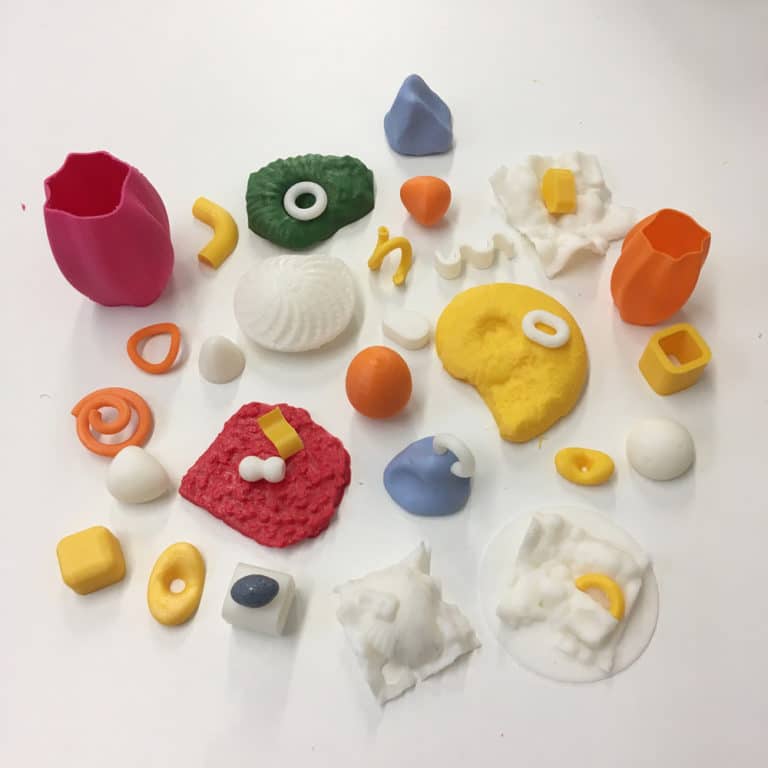Social media makes us sad, and it’s time to do something about it

If I were to ask you whether you think social media addiction should be seen as a clinical condition and treated as such, would you agree? The U.K.’s All Party Parliamentary Group (APPG) certainly does, as it outlines in its latest report titled ‘Managing the Impact of Social Media on Young People’s Mental Health and Wellbeing’, calling for #NewFilters to be introduced as a response. Yet, it’s hard to pin point an addiction that—on the surface at least—offers so many positives (because what’s so bad about social media anyway?). It’s also extremely difficult to introduce new policies that interfere with the business models of giants such as Facebook and Twitter.
“Even though there has been a steep rise in the use of social media, there has been a lack of legislative response to regulate social media platforms, given the huge influence they have on everyday life, especially for young people,” write Labour MP Chris Elmore and Conservative MP William Wragg in the forward to the report. On that there is no argument—no matter what your thoughts are on the mental health effects of social media; its use, its proliferation, and the impact this has had on our behaviour are clear. And yet, isn’t it strange that something that has shaped the way we shop, make money, and interact has gone largely unregulated? The forward goes on to say that it is “paramount that we protect young people to ensure they are kept safe and healthy when they are online.”
The connection between social media addiction and mental health has long ridden the channels of digital platforms, and seems to have peaked following the online-supported suicide of 14-year-old Molly Russell in 2017. In response, Instagram was pushed into a corner and forced to confront some of the dangerous channels where those suffering from mental health issues can indulge in a like-minded community. #SensitivityScreens was quickly introduced in a semi-acceptable effort to hide content that might be promoting suicide and self-harm. Needless to say, this same feature equally curtailed platforms and communities that offer positive support to those in need.
The real story here isn’t that Instagram or Facebook, YouTube, Twitter, Reddit, or SnapChat are solely responsible for some of the harmful content relating to mental health on their channels. The problem is that these giants have been given free reign to operate as they see fit with little or zero government involvement in the effects they might have on the society they cater for. No feature on Instagram will help a child suffering from social media-induced mental health issues. No Screen Time block on our iPhones will help understand and heal the anxiety that comes from disconnection to the platforms.
The report shows that while 12 percent of children in the U.K. who spend no time on social media websites have symptoms of mental ill health, “the figure rises to 27 percent for those who are on the sites for three or more hours a day.” But the journey toward understanding what the positive and negative effects of social media are isn’t a straight one, as the report quickly highlights that “Almost two-thirds (63%) of young people reported social media was a good source of health information.”
The very fact that more than half of young people in the U.K. turn to social media to find information and advice regarding mental health is certainly both positive and negative. After all, these platforms offer support to individuals who might otherwise lack access to this type of information and to people who share their experience throughout their day-to-day.
In response, the Department for Digital, Culture, Media and Sport said: “The government will soon publish a white paper which will set out the responsibilities of online platforms, how these responsibilities should be met and what would happen if they are not,” adding that “An internet regulator, statutory ‘duty of care’ on platforms, and a levy on social media companies are all measures we are considering as part of our work.” Social media’s impact on our lives, and the mental health of young people, in particular, should be treated as nothing short of what it is: a powerful addiction, for better and for worst.




